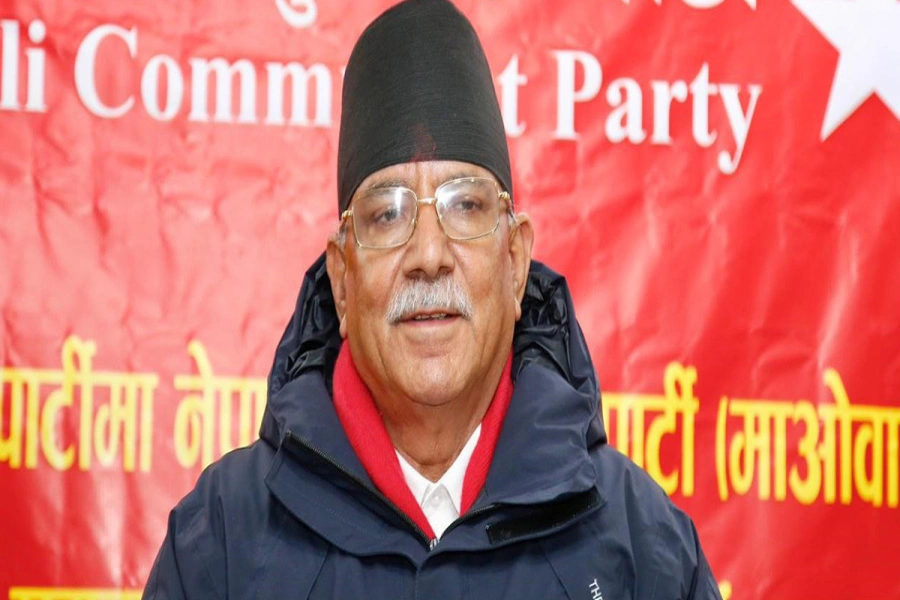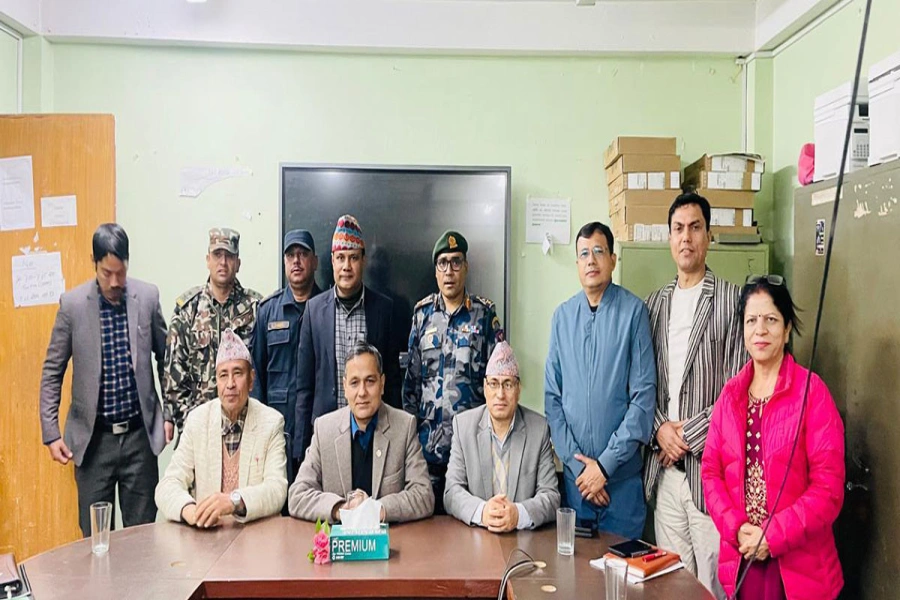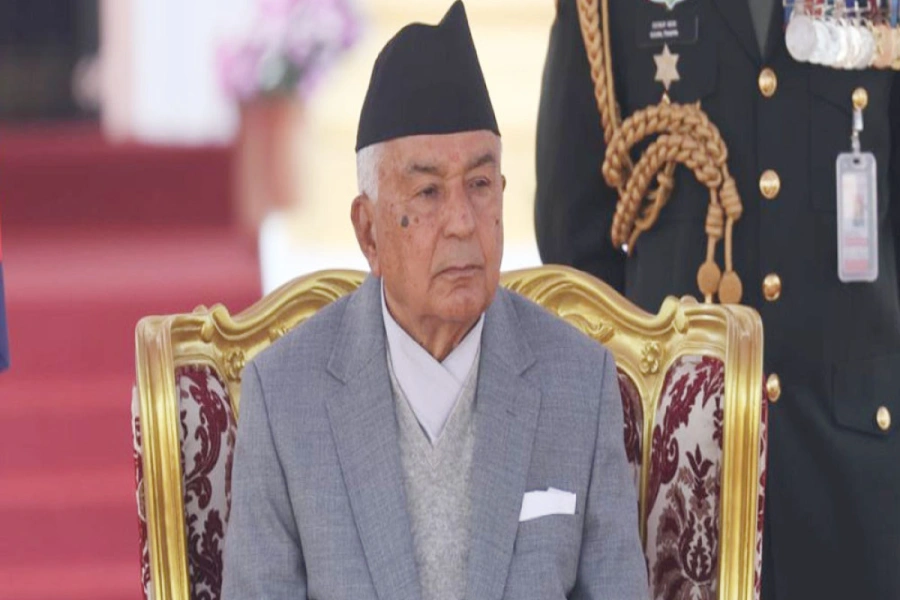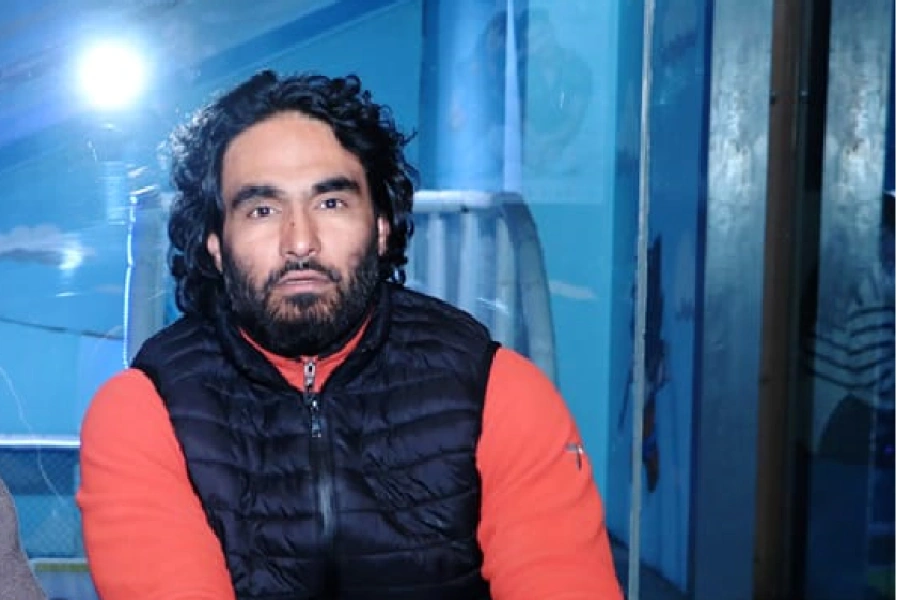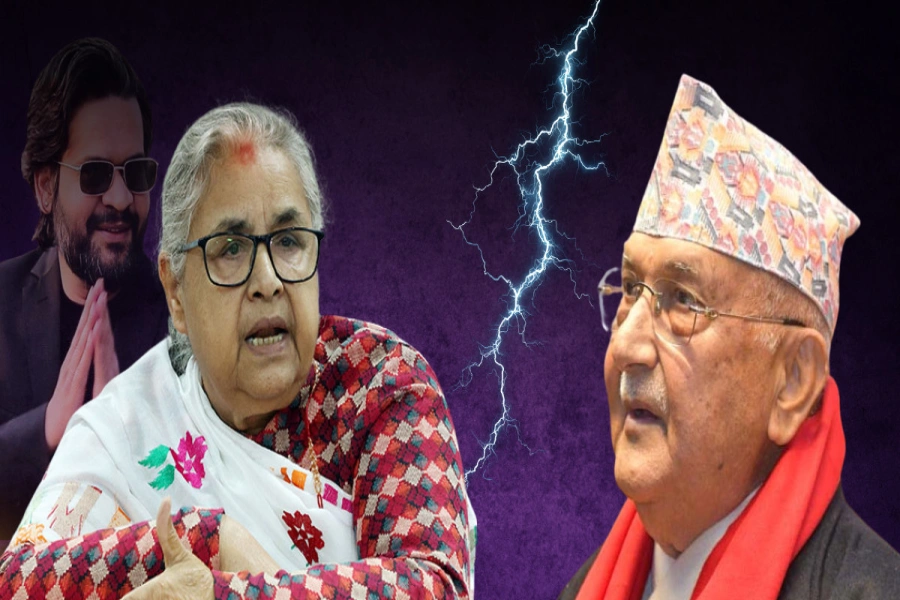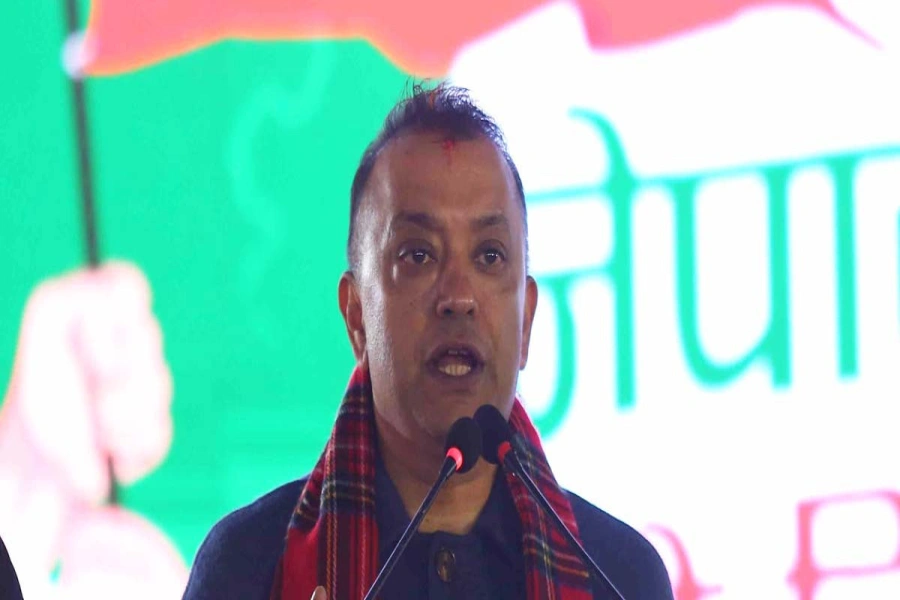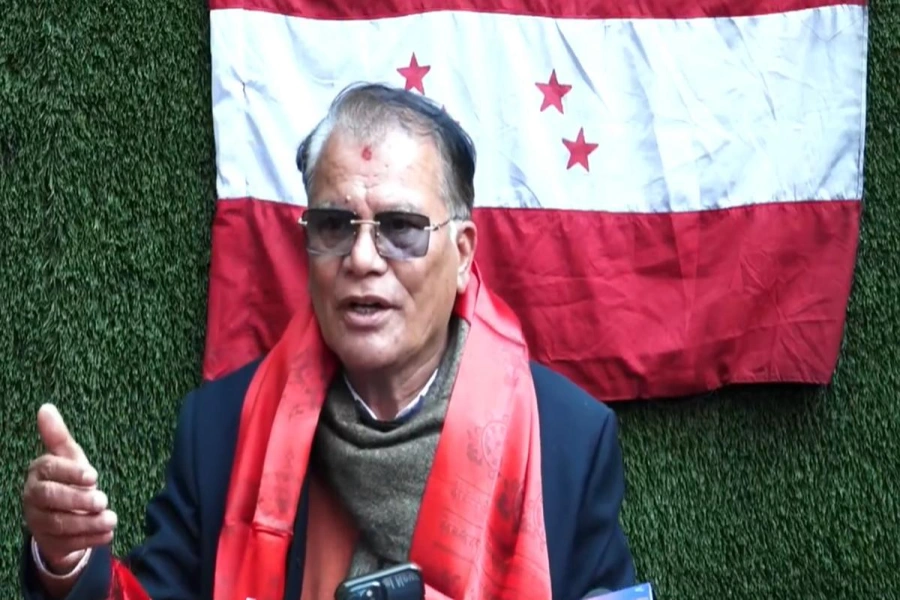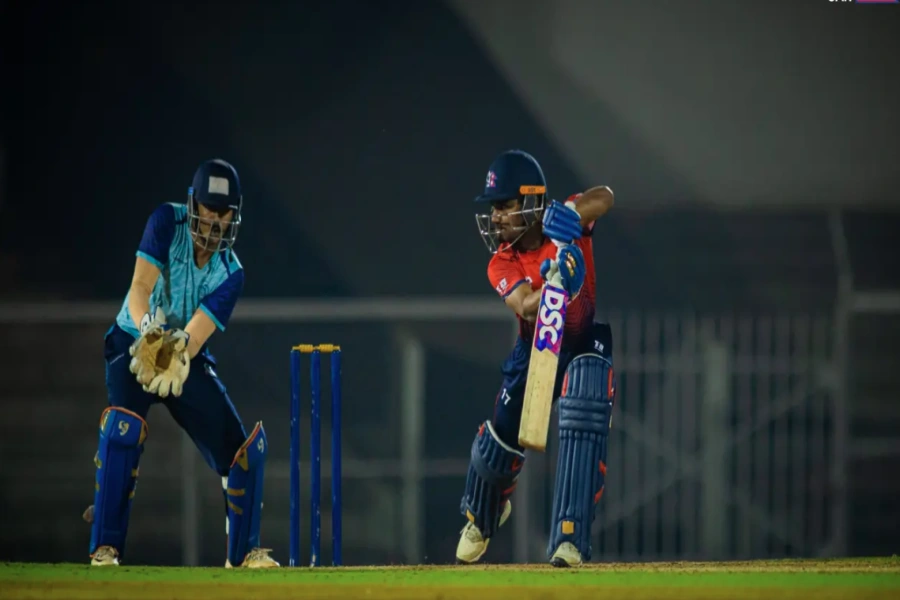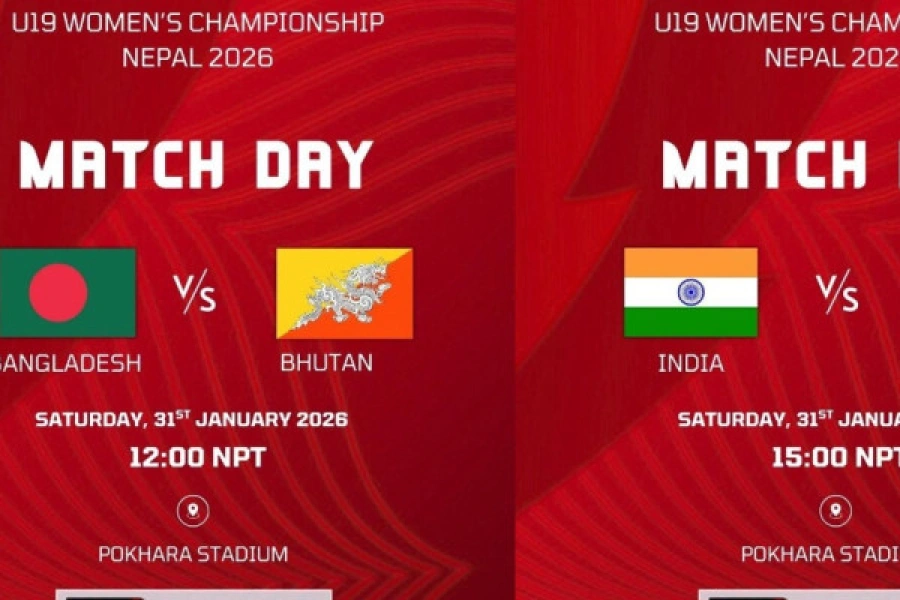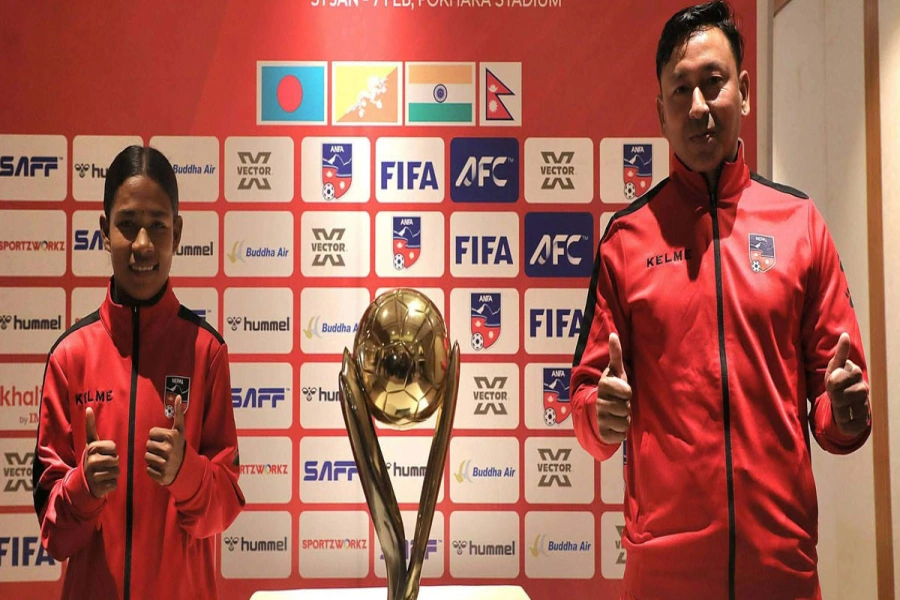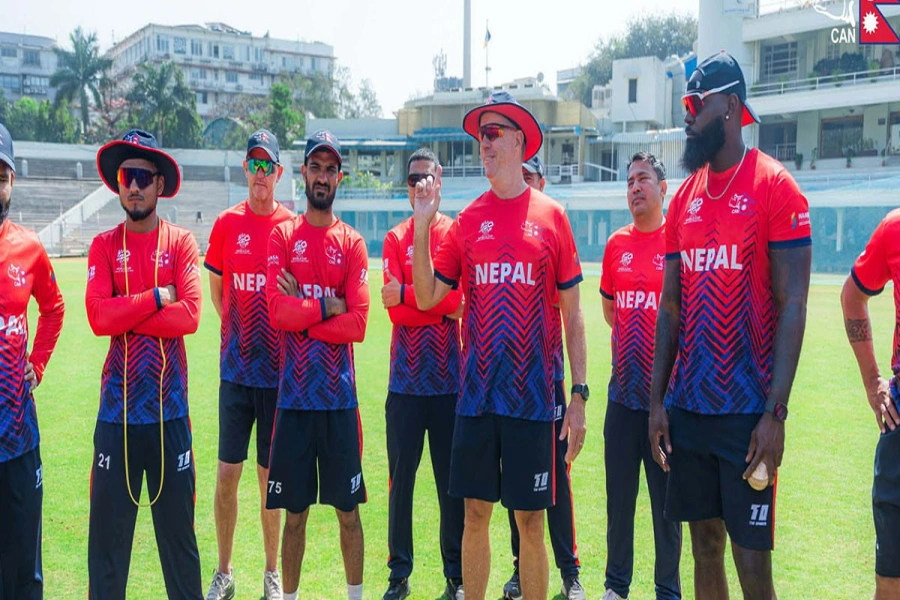Oli's government neither talks with Madheshi parties nor is it keen on improving Nepal's strained relations with India
As the government led by KP Sharma Oli has been in office for over seven months now, it is perhaps the right time to appraise its works. Prime Minister Oli had earlier promised that he wouldn't vie for the post of prime minister just to get a chance to hang his portrait in the corridors of Singhdurbar, but to do something substantial. But if the work done by his government in the past seven months is to be analyzed, Prime Minister Oli falls woefully short.
Jhakri: ‘I am back home; four years in Unified Socialist were w...

It is true that the prime minister assumed government leadership when the Tarai agitation was at its peak and India had imposed a blockade. Those were tough times. But we should not forget that he had, even given the scale of challenge at hand, promised to end the woes of common people when he assumed office. He has done no such thing. His government neither talks with Madheshi parties nor is it keen on improving Nepal's strained relations with India. Canceling the India visit of President Bidya Devi Bhandari and unceremoniously calling back Nepal's ambassador to India, Deep Kumar Upadhyay, has further eroded trust between two close neighbors.
Oli-led government was formed to implement the constitution after second Constituent Assembly successfully promulgated the much-awaited constitution, after eight years of a bitter national debate. People's expectations were high from this government as the promulgation of the much-awaited constitution on September 20th was expected to usher Nepal into an era of prosperity and development. But the country has instead been plunged into prolonged political instability and chaos.
Prime Minister Oli started on the wrong foot when he formed a 40-member jumbo cabinet. The new constitution, he surely knew, caps the size of the cabinet at 25. He split ministries to enrich his cronies. This will place a heavy burden on state coffers and slow governance. Moreover, his government made history by making a volleyball team when it named six Deputy Prime Ministers.
Even though the country has long since marked a year of the deadly earthquakes, the government led by Oli has miserably failed to expedite reconstruction. People are still languishing in tarpaulin tents with the rainy season fast approaching. The government appointed the CEO of the National Reconstruction Authority (NRA) and staffs back in December, but to no avail. They only seem concerned about their salaries and perks. When government should have worked at war footing to rehabilitate earthquake victims, the NRA CEO says they need to wait for years for help, which is perhaps reflective of his apathy towards the plight of earthquake victims.
PM Oli also revived the much-criticized ordinance to distribute lavish perks to former VIPs, even though most of them are more than capable of looking after themselves. So as the earthquakes and then the blockade have virtually crippled the Nepali economy, the country, economists predict, could see a first negative growth rate in past three decades. But instead of reducing unnecessary expenses and putting money in productive sectors, the government is increasing facilities for VIPs!
It has been more than nine months since the start of the Madhesh agitation but the government still can't hold decisive dialogue with Madheshi Morcha. Hundreds of rounds of dialogue have been called, but not with sincerity. Indifference of the prime minister to the demands of Madhesh-based parties is only flaring up agitation in Madhesh. Prime Minister Oli's demeaning remarks about Madhesh agitation and the Madheshis have further fuelled the agitation. If the government fails to address the ongoing Madhesh Andolan it could be a breeding ground for extremism or give rise to secessionist forces in the Tarai. It seems that three major parties included in the government are trying to push back dialogue, which, in their belief, will lead to the fizzling out of Madheshi agitation.
We should acknowledge that without taking Madheshi people into confidence the country cannot move ahead. When hundreds of people have voluntarily given up their lives and thousands have been wounded since the first Madhesh agitation in 2007, it would be wrong to a turn deaf ear to the demands of Madhesh-based parties. As the government has already met most of their demands—like proportional representation at all state organs and delineation of electoral constituencies on population basis—what the Madheshi parties are now looking for is a credible face-saver on state restructuring. But even these parties realize that this is a tricky issue. Yet it would have been a different story if the Oli government had proved its commitment to resolving outstanding issues in Madhesh.
Prime Minister Oli's public statements have been roundly as he has promised such unachievable things like ending load-shedding in a couple of years and connecting every house with a gas pipeline in this time. In a country where people are compelled to live up to 18 hours a day without power and where the drinking water in the tap comes only once in week, Oli's grandiose pronouncements sound like cruel jokes. Black-marketing is thriving. It is said that even high-ranking government officials are engaged in such black-marketing.
If we look at the budget that was recently presented by Oli government, it is distributive and thus sure to further stoke inflation, which is already in double digits. Nor can Nepal sustain the kind of social allowances that have been promised in the new budget. So the annual budget seems to have been brought with an eye on upcoming local and general elections.
Even though Oli-led government has been a disaster, one good thing it has done is sign a long-term transit and oil agreements with China. Nepal will now be able to use Chinese ports to import goods from third countries. Now there is once again talk of government change. But if we are to change government now, the new government must be a consensus government that has the mandate to resolving all outstanding constitutional issues. As desirable as Oli's government is, it does not make much sense to replace it with another majority government.
The author is a social activist and freelance writer



